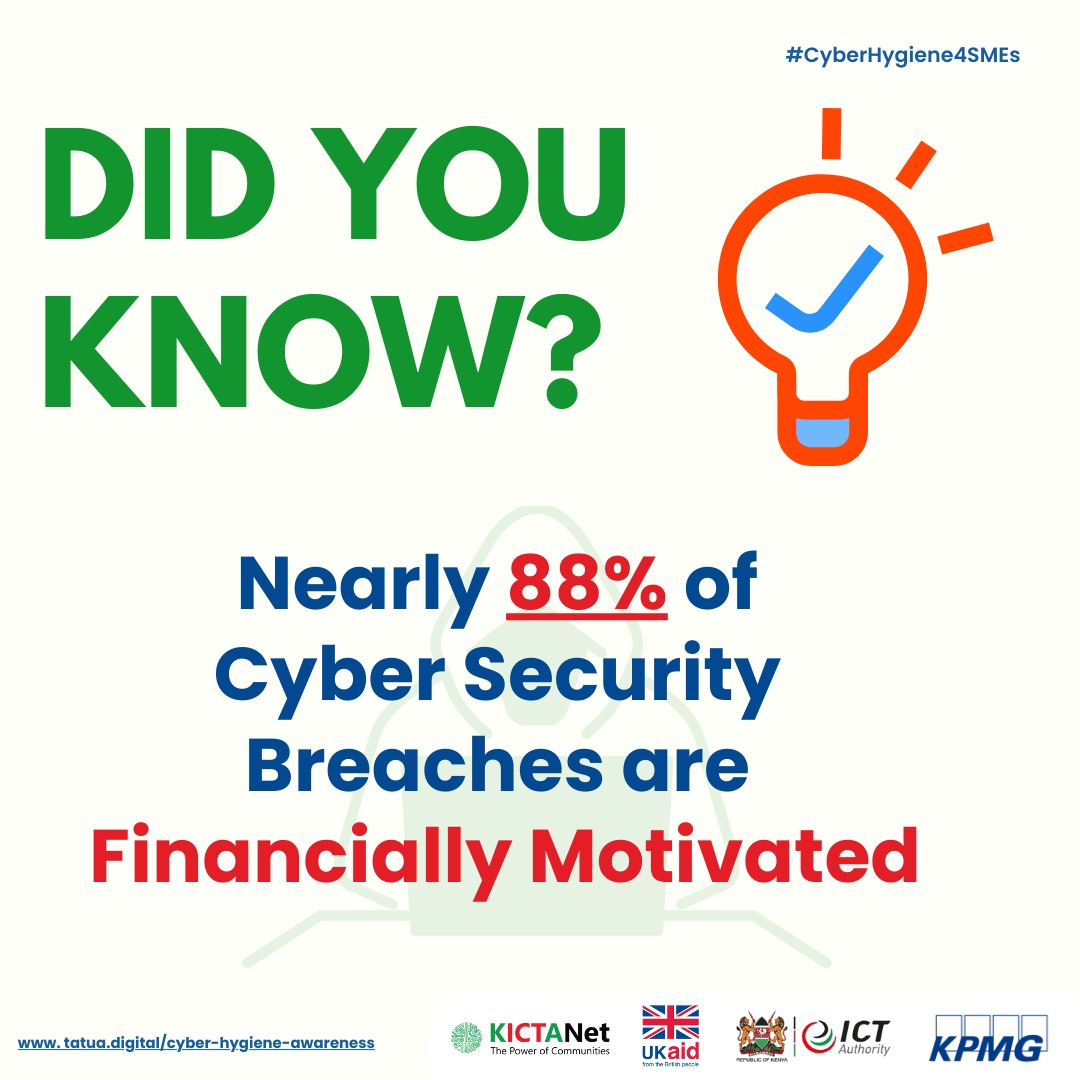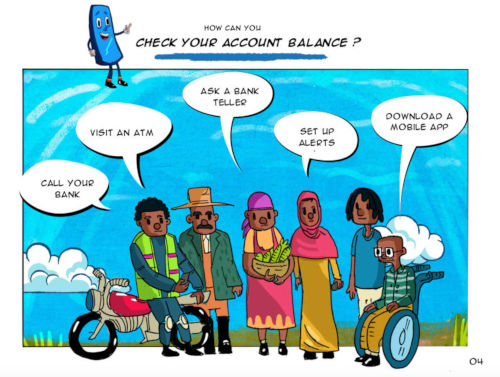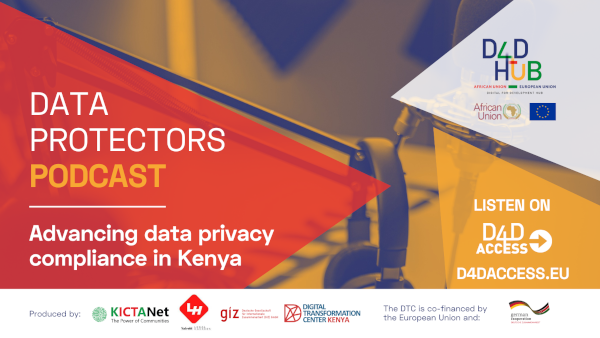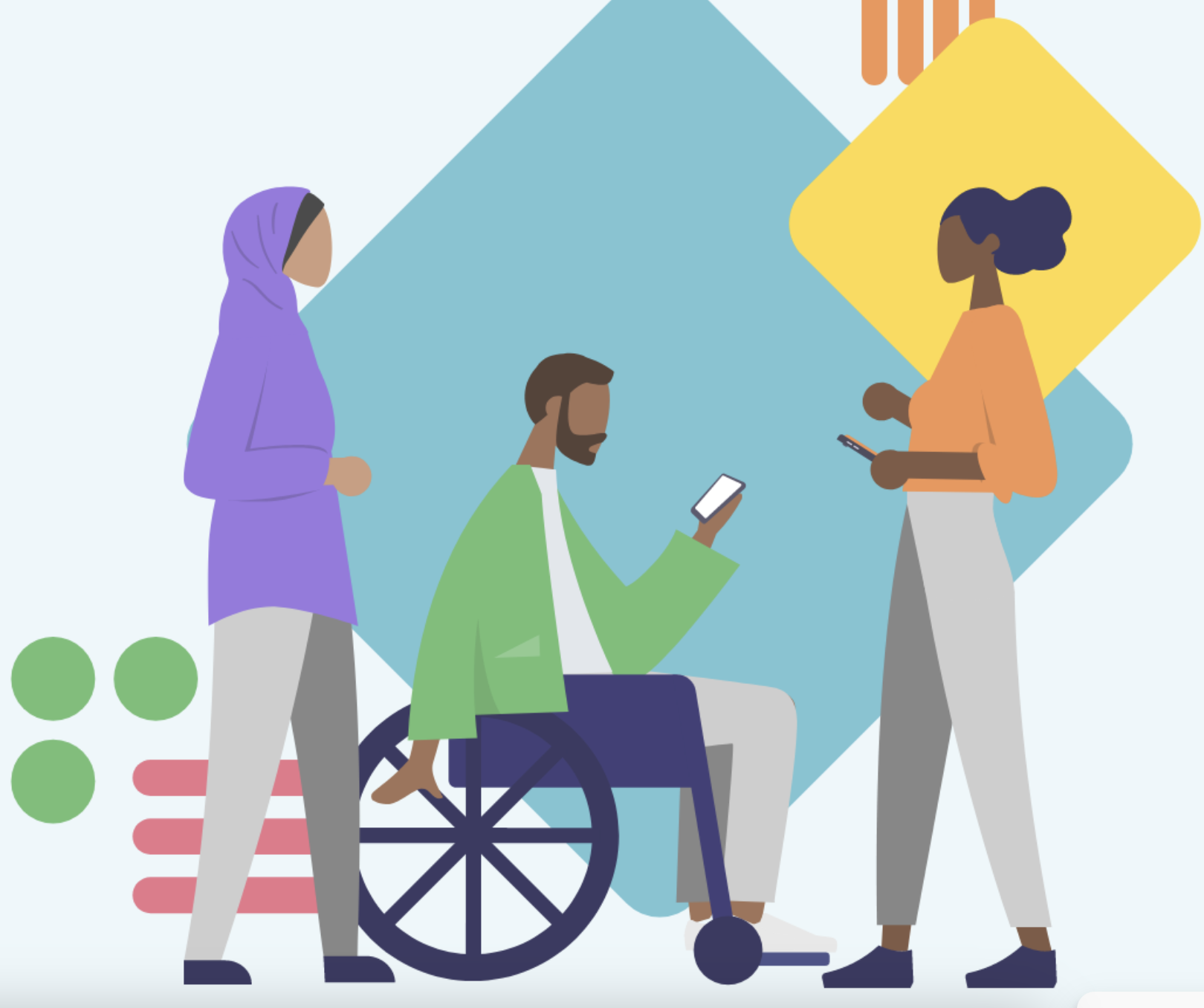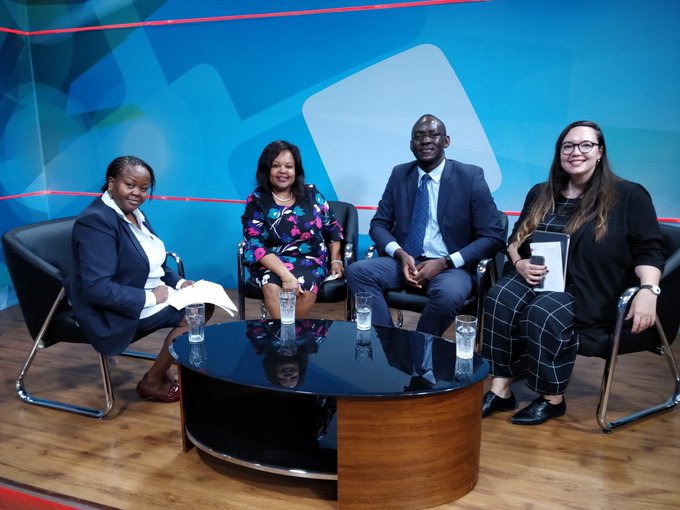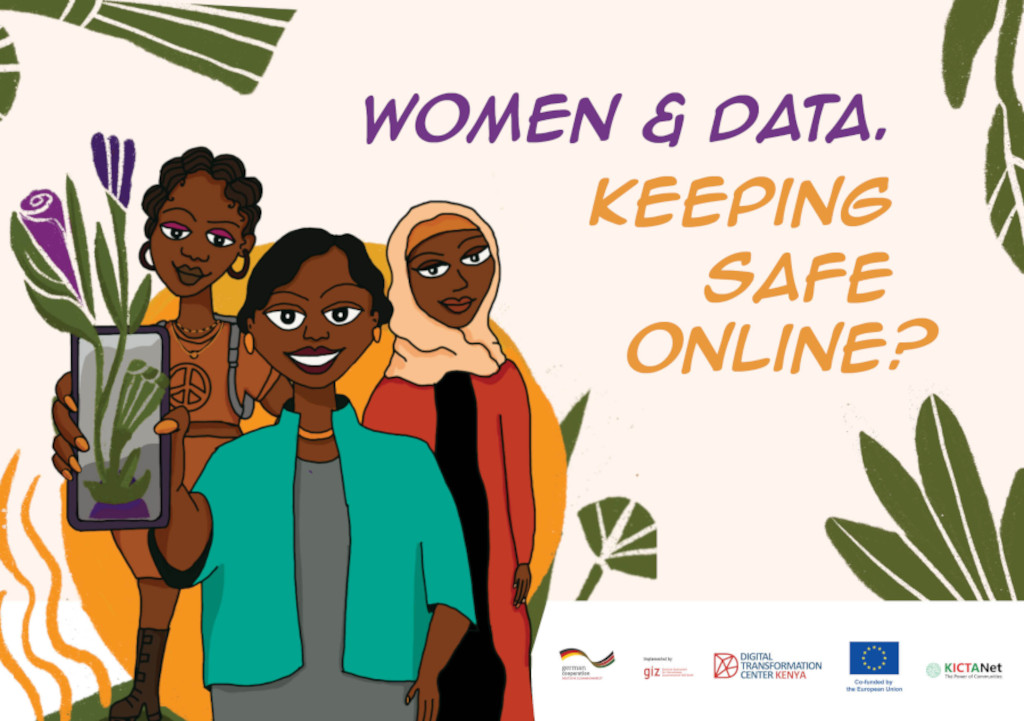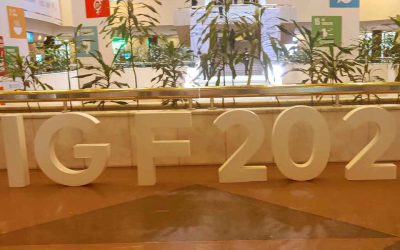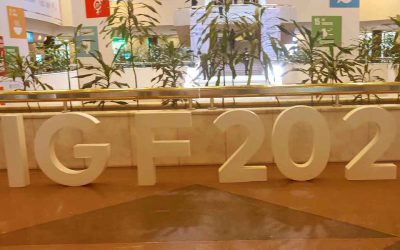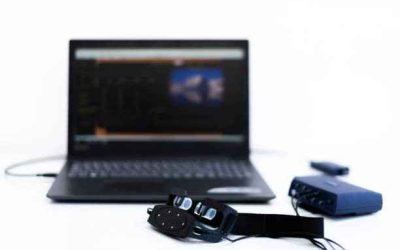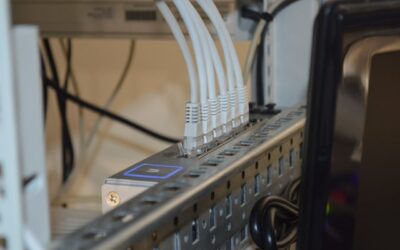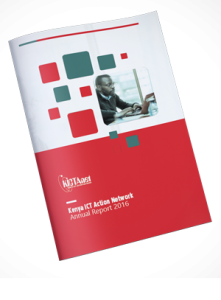KICTANET POST : Latest news, events & opportunities
Understanding online Gender Based Violence (OGBV) #16DaysOfActivism
According to a recent study on sexism and violence against women in African parliaments conducted by the Interparliamentary Union (IPU) and the African Parliamentary Union (APU), at least 42% of female legislators had experienced online rape, beating, or death...
Perspectives and Resolutions at the 2022 IGF on Connectivity for the Global Majority – Part 4
Capacity and skill development Community networks being complementary models deployed and owned by the community, often suffer from a lack of technical and business capacities to run these networks. Digital literacy and capacity building are important for...
2022 IGF: Community Networks and Human Rights – Part 3
Digital rights and the gender digital divide The Global Information Society Watch (GISWatch) session analyzed the Impacts of digitization on marginalized groups and the effects of digitization on social welfare services. Who decides how technology is developed and...
Perspectives and Resolutions at the 2022 IGF on Connectivity for the Global Majority- Part 2
Favourable digital policy frameworks are the cornerstone of innovation. Bridging digital policy gaps for rural and disadvantaged urban impoverished communities should take a multi-stakeholder approach engaging both policymakers, community connectivity operators and...
Perspectives and Resolutions at the 2022 IGF on Connectivity for the Global Majority – Part 1
Perspectives and Resolutions at the 2022 IGF on Connectivity for the Global Majority Perspectives on Community Networks as Last Mile Solutions Community networks dominated the corridors of the 2022 Global IGF coming out as the most viable model for connecting...
You are More Vulnerable to Digital Marginalization than You Think
By Florence A. Ouma I tried to guess the odds of anyone reading this article identifying as a “vulnerable person.” You probably think you do not fit the definition of a vulnerable person right now. Let’s see if that changes when you finish reading this article. One...
ICTs Assistive Technologies for Invisible Disabilities
By Nicodemus Nyakundi When we talk about PWDs, we usually refer to what we can see, such as physical disability, visual disability, and so on. However, there are invisible disabilities. Disabilities that are not so easy to detect and therefore are mostly overlooked...
Should Internet Data Bundles Expire?
By John Walubengo So last week, the Parliamentary Committee on ICT vowed to investigate mobile operators' practices that expire internet data bundles that subscribers have purchased. The fundamental argument is that once goods are purchased, they become the customer's...
Technology Options, Policy and Regulatory Support for Digital Inclusion in Nigeria
By Josephine Miliza. Nigeria has made progress in adopting and using mobile phones and the Internet. It has a growing telecommunication industry with a strong presence of major operators, middle-scale Internet Service Providers and established industry regulators....
KICTANet is a multi-stakeholder Think Tank for ICT policy and regulation. The Think Tank is a catalyst for reform in the Information and Communication Technology sector. Its work is guided by four pillars of Policy Advocacy, Capacity Building, Research, and Stakeholder Engagement.
KICTANet’s mission is to promote an enabling environment in the ICT sector that is robust, open, accessible, and rights-based through multistakeholder approaches.
During the 2022 – 2024 strategic period, KICTANet has prioritised the promotion of effective multistakeholder participation; an enabling legal, policy and regulatory environment; building capacities and empowered communities; and institutional strengthening. KICTANet’s guiding philosophy encourages synergies in ICT policy-related activities and initiatives. As such, the network provides mechanisms and a framework for continuing cooperation, engagement and collaboration in ICT matters among industry, technical community, academia, media, development partners, civil society and government.
_____
Strategic Priority.
- Convening power. To strengthen and promote engagement, collaboration and relationships with relevant stakeholders (state, business and non-state actors).
- Promoting an enabling environment. To catalyse policy, legislative and regulatory reforms in the ICT sector.
- Building capacities and empowered communities. To build the capacity of the stakeholders across government, business society and civil society and the citizens.
- Institutional strengthening.
The report outlines the work undertaken in between 2007 and 2016 which is underpinned by crowd sourcing and community engagement
Click here to download the report
FACTS AND FIGURES
Achievement of the Network over the Years
Publications
Thought Leadership Forums
Persons trained
Policy Interventions
Conversations in KICTANET listserv
Active listers contributing often
Different conversation threads
Impressions on ICT policy discussions
Our Pillars
KICTANet’s organisational strategy:
Policy Advocacy
Capacity building
Research
Stakeholder engagement
We facilitate stakeholder engagement through collaborative initiatives in face-to-face Town Hall meetings, and in the KICTANet?s interactive mailing list where multiple stakeholders engage regularly on ICT policy issues.


